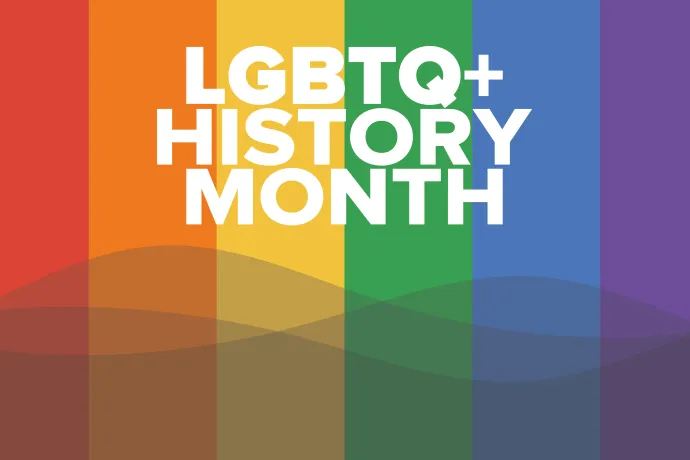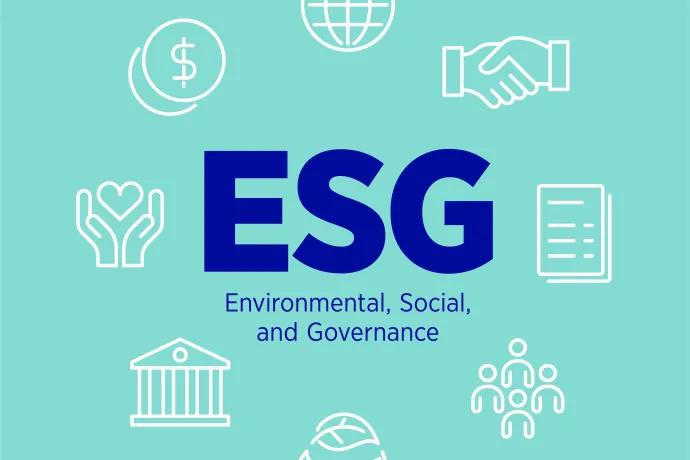Putting Foster Youth’s Credit Back in their Own Hands
Tech Efforts Aim to Help Foster Youth Clear Up Unwanted Credit Trouble
This article “Tech Effort Aims to Help Foster Youth Clear Up Credit Trouble” originally appeared in The Chronicle of Social Change here.
When 23-year-old Jameilla Shaw tried to set up an AT&T cable account, she was shocked to find she already had an outstanding balance of $3,600 — despite never having purchased a cable package before.
That day, the former foster youth from Contra Costa County learned she was dealing with a painful situation that many foster youth face: her identity had been stolen.
“I didn’t get a chance to build my own credit before I got bad credit,” Shaw said.
Companies like Symantec Corp. and Prosperity Now are stepping up to help protect youth like Shaw who grow up in foster care and who are more vulnerable to identity theft. The companies have started working with nonprofits in communities in California and Arizona to provide resources to foster youth to help clear their credit and steer them toward financial literacy.
“In many cases what foster youth are finding is that there’s open lines of credit that they never opened themselves,” said Paige Hanson, chief of identity education at Symantec.
Twenty-two percent of foster youth between the ages of 14 to 17 in California had at least one credit issue revealed on their credit report, according to the national nonprofit organization iFoster. Serita Cox, CEO and co-founder of iFoster, said that the identity theft affects foster youth across the country, but most states aren’t collecting data about it.
“Without the data, it’s a little hard saying what the solution should be,” Cox said.
There is also some disagreement about what the data actually shows. According to Jenny Serrano, director of special projects in the Youth Development Services Division at Los Angeles County’s Department of Children and Family Services (DCFS), there were no cases of stolen social security numbers last year. In most cases, she said, “youth have opened their own accounts for cell phones, cable and student loans.”
“We often hear that the issue of identity theft and compromised credit is rampant,” Serrano said. “And what we know after nearly a decade of doing this, in the largest child welfare jurisdiction, is that simply isn’t true.”

But Shaw and multiple foster care organizations say they have stories that prove the exact opposite. According to a study by the Office of the Inspector General of the U.S. Social Security Administration, 5 percent of the 96,000 foster children studied had “credit files that contained evidence that someone had used their SSNs [Social Security Numbers] to obtain credit.”
Another four percent had their social security numbers used to earn wages, including an 11-year-old who had earnings from six employers in one year.
In 2011, California began requiring that foster youth aged 16 and older receive an annual free copy of any credit report. In 2014, that became a requirement of federal law for any foster youth over 13.
Symantec’s Fostering A Secure Tomorrow program aims to solve credit issues for foster youth, starting with pilot projects in three locations — Santa Clara, Calif., San Diego and Phoenix, Ariz. In each city, a nonprofit is partnered with the Identity Theft Resource Center and TechSoup, with goal of helping provide foster children with improved financial literacy and access to free credit-related resources.
The nonprofits involved in the pilot projects are the Santa Clara-based the Bill Wilson Center, Aid to Adoption of Special Kids in Phoenix and Promises2Kids in San Diego.
If the foster youth have any credit history, these pilot programs are looking to give them access to companies that can help them get it resolved and clear their credit.
“Really this is just the tip of the iceberg,” said Whittney Tom, program manager for TechSoup. “I think education, awareness raising is the top thing we can do and then after that is providing the tools so they can actually act on that.”
Education and preventative measures are extremely important to each of the groups, with all the programs including a section that teaches youth and sometimes caregivers the basics of financial literacy.
There are also issues specific to foster care that these organizations are looking to address, such as how vulnerable foster youth are to identity theft because of how many people they have to trust with sensitive information.
“It seems like our youth have sort of had their histories out there,” said Promises2Kids CEO Tonya Torosian. “Wherever they go, people ask them very personal questions.”
Torosian said it’s important for organizations to teach the youth that they don’t have to give out their information.
Although, sometimes those trusted people are birth parents.
“I think for some people it’s baffling to them that a foster parent or a biological parent would steal the young person’s identity,” said Emily Jensen, First Place for Youth’s regional director of programs in Northern California.
But, she added, it’s not always for malicious intent; family members are sometimes doing what they think is best to keep the lights on or water running.
According to a 2011 study by the California Office of Privacy Protection, medical, telephone and utility bills were the most common uses found on the credit reports with the average balance of $1,811. The biggest accounts were three auto loans and a $217,000 home loan.
Julie Turko, director of development for AASK, feels her work outside of the pilot program — finding foster youth a sense of permanency — is just as important to the program’s overall mission. For a child “caught in the trauma spiral,” there are things that are more important than financial literacy.
“A child who has been able to stabilize and think about their future in a positive way, they’re more likely to take in the information,” Turko said.
She said the program has grown into a lot more than just talking about credit history.
“In a way it’s folded into an overall conversation of, ‘You are worthy; you have value; you are loved; you deserve to be cared for; you deserve to take care of yourself,’” Turko said.

Those are lessons Annissa Jimenez, a 23-year-old former foster youth, is learning.
Jimenez said her biological mom was a victim of human trafficking, which is why she now has dreams of going to college to become a lawyer to help others in similar situations. But after applying for federal college loans, she found she had a $5,000 debt. Her request for funding was denied.
After being placed in 25 different foster homes in 16 years, she has guesses who stole her identity, but she doesn’t know for sure.
iFoster’s Cox thinks that the 2011 law that requires all foster youth to have their credit checked is a step in the right direction. But she thinks there needs to be more businesses stepping up.
“Child welfare itself can’t solve this problem,” Cox said. “What can they do to change Comcast’s way of checking credit? Nothing.”
She hopes companies will start checking the ages of customers when they run a credit check, blocking anyone younger than 18. She also would like to see a mandate that wipes everyone’s credit history when they turn 18.
“Think of the heartache that that would stop,” Cox said, adding that it would end foster youth from being required to file a police report against family members who have stolen their identity or finding out that another adult in their life has failed them.
Heather Adams is a freelance reporter based in Los Angeles. She is often talking about issues related to foster care on Facebook, Twitter and Instagram.







We encourage you to share your thoughts on your favorite social platform.